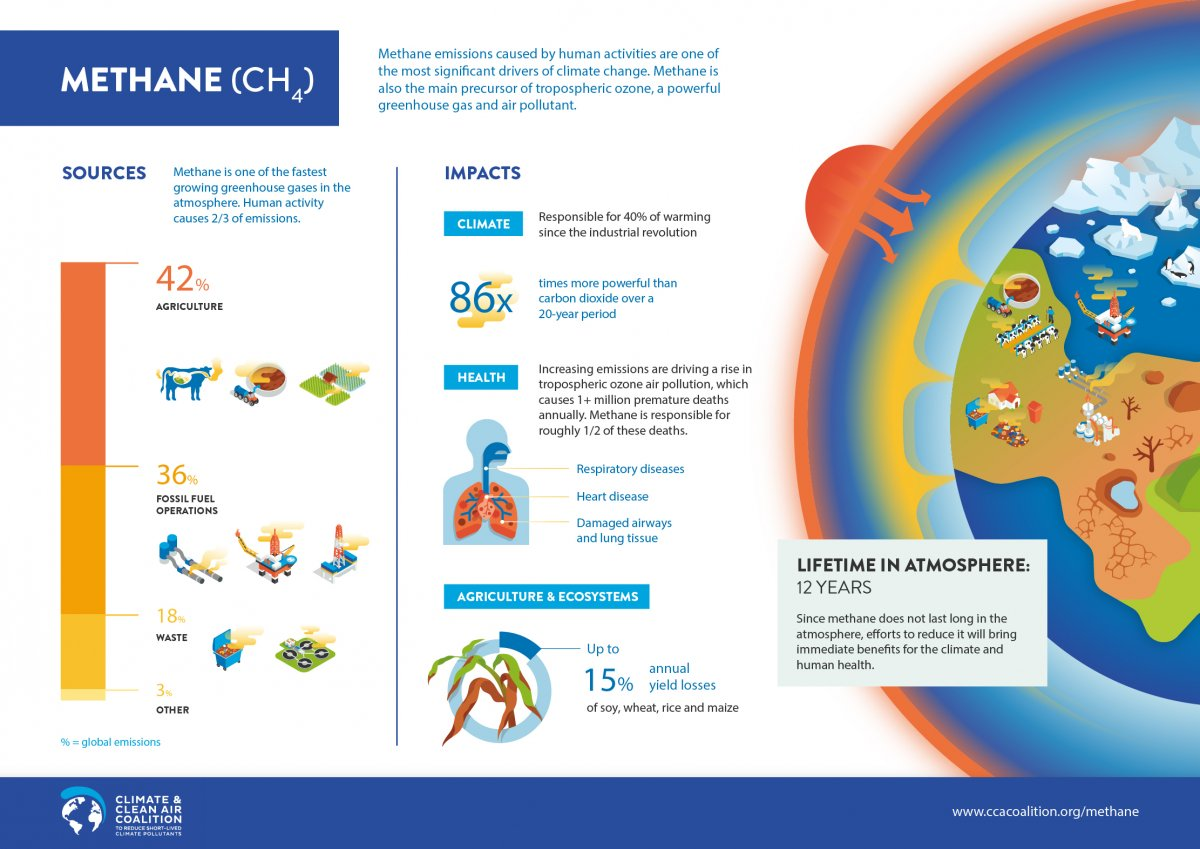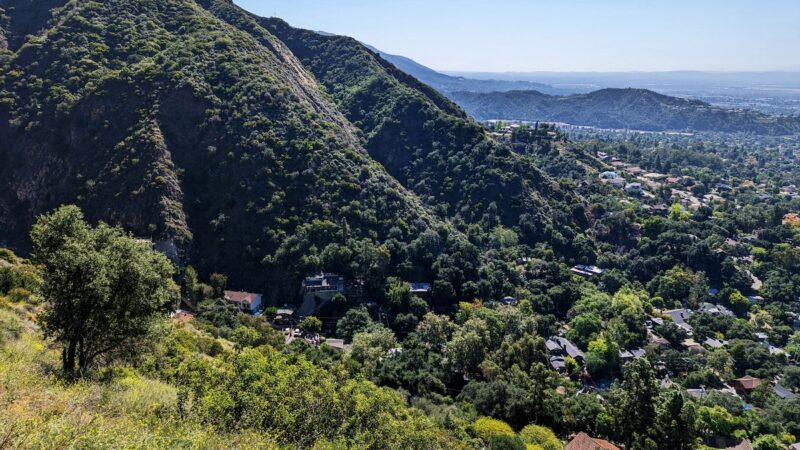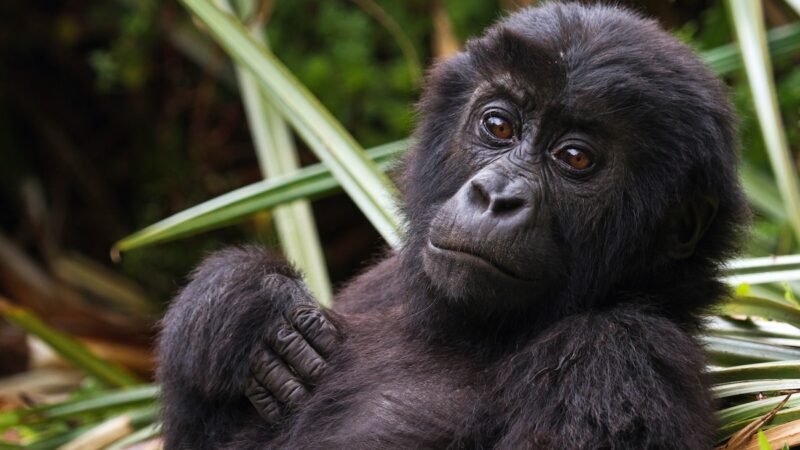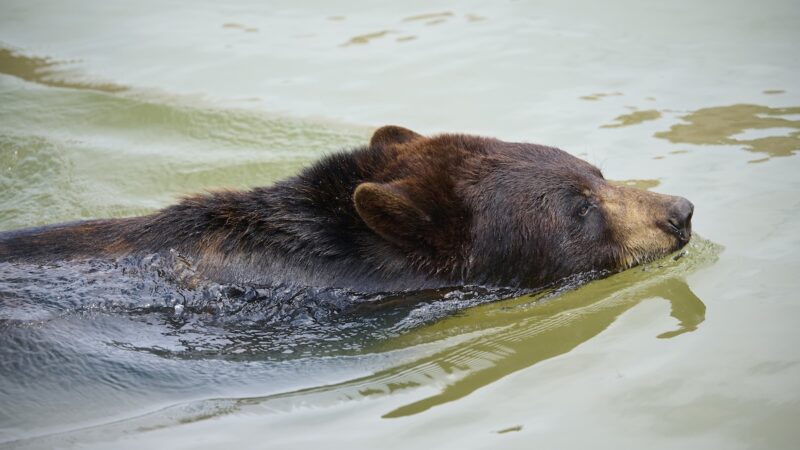Cows Burps Are Damaging the Planet. Is Seaweed the Solution?
With more than 1 billion cows roaming the planet, these magnificent creatures play a crucial role in feeding and sustaining our world. However, there’s one thing they do that’s causing a worldwide problem: burp.
And when a billion cattle are doing something harmful, as small as it may seem, it causes huge problems.
This problem, however, may have a solution. At least that’s the hope of a San Francisco-based startup called Alga Biosciences, who are aiming to solve the problem by reducing cow methane emissions in an unexpected way: algae.
Cows Burping Causes Climate Change
Cows, sheep, and related animals, contribute to a significant portion of methane emissions in the United States—about 27% according to Alga Biosciences, an innovative startup focused on addressing this issue. Curbing their burps could have a substantial environmental impact, considering that methane is 25 times more potent than carbon dioxide in terms of trapping heat in the atmosphere.
Methane is a gas that produces a strong greenhouse effect in our atmosphere. It’s estimated to be contributing about 25% to warming temperatures from climate change.
The Climate and Clean Air Coalition states that agriculture is a significant driver of climate change amounting to 42% of the problem, and that includes cattle. That is more than fossil fuels and waste.
Globally, over 60% of total methane emissions come from human activities, including cow farming.

Using Algae to Prevent Burping
Algae could be one of the greatest untapped resources on the planet, and Alga Biosciences is moving forward on tapping into it. The company has developed a supplement by mass-producing kelp into a high-value feed additive, which can be added to cow feed to reduce burping. By subtly modifying the microbiomes of cattle, the supplement disrupts the process of methane production and release after their meals.
The company boasts: “With Alga’s supplement, methane emissions can be reduced by up to 97% in beef cattle and 63% in dairy cows.” By preventing methane production, cows can require less food, making farming more efficient and cost-effective.
Could Algae Change Our World?
Rather than cultivating their own kelp, Alga harnesses existing kelp resources for the company’s scalability and success.
But according to a United Nations Report about securing sustainable kelp forests, kelp and seaweed farming has become the fastest-growing aquaculture industry globally, with an increase of 6.2 per cent per year over the last two decades. Kelp forests across every continent are in decline over the past 50 years, and 40–60% of kelp forests have been degraded, so while the promises of Alga are vast, sustainable kelp farming is pivotal to this global warming solution.
Alga is now preparing for its first commercial pilot and plans to offer the product to farmers in various regions, including the US, New Zealand, Australia, Europe, and Latin America. The startup completed its seed round through Y Combinator, raising approximately $4 million.
Given the colossal number of cows worldwide, Alga initially focuses on addressing this issue within the bovine population. However, Brown envisions expanding their efforts to other animals in the future, particularly sheep, as wool production emits substantial amounts of methane.






